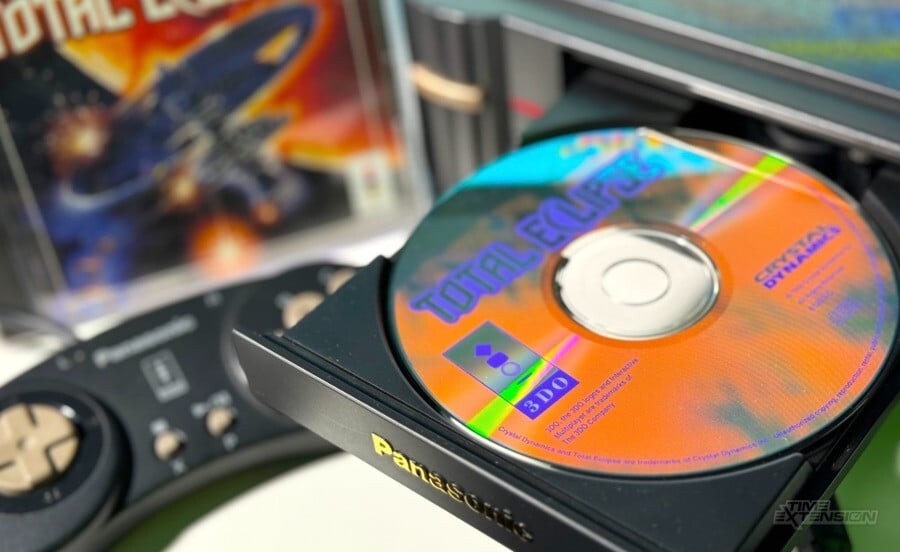
It's common knowledge that the 3DO Interactive Multiplayer didn't quite catch on. The brainchild of EA founder Trip Hawkins, the system was designed to be "VHS for video games" and would, it was promised, take the industry to the next level. In reality, it was too expensive, and its lifespan was dramatically cut short when the PlayStation arrived soon afterwards.
However, those of you who know your gaming history will be aware that The 3DO Company wasn't about to throw in the towel after one round; it had a successor in development called the M2, which it was developing with Japanese hardware giant Matsushita, which now goes by the same of Panasonic.
Not wishing to skip too far ahead in this narrative, M2 wasn't a success, either – in fact, the proposed console never ever made it into stores. However, things might have been very different had Hawkins been able to pull off one of the greatest hardware team-ups in gaming history.
Speaking to EDGE magazine back in 2009 (yes, we like leafing through old magazines), Hawkins revealed his ambitious plans for M2:
We made some really interesting moves where we got very close to putting together a stronger coalition of companies to support the M2 and take on PlayStation. At one point, I had a verbal deal with Philips and Sega to join forces with Matsushita. That grouping of companies could have given Sony a run for it. Matsushita wanted to kick Sega out of the deal, and then Sega obviously got all mad, and Philips backed off. I spent a year putting that coalition together, but in the end, they just couldn't get along.
Despite this, Hawkins was proud of the work that had been done on M2 and feels that Matsushita's input on both 3DO and M2 is what ultimately led to the rise of the DVD format, a video media in which the company was heavily involved. He also points to the fact that IBM's entry into the world of video game hardware (it would supply PowerPC chipsets for both GameCube and Wii) came off the back of work related to the failed M2, for which it had created the processor.
M2, however, never got off the ground – and today, we can only ponder what a Sega / Philips / Panasonic collaboration console might have looked like.
